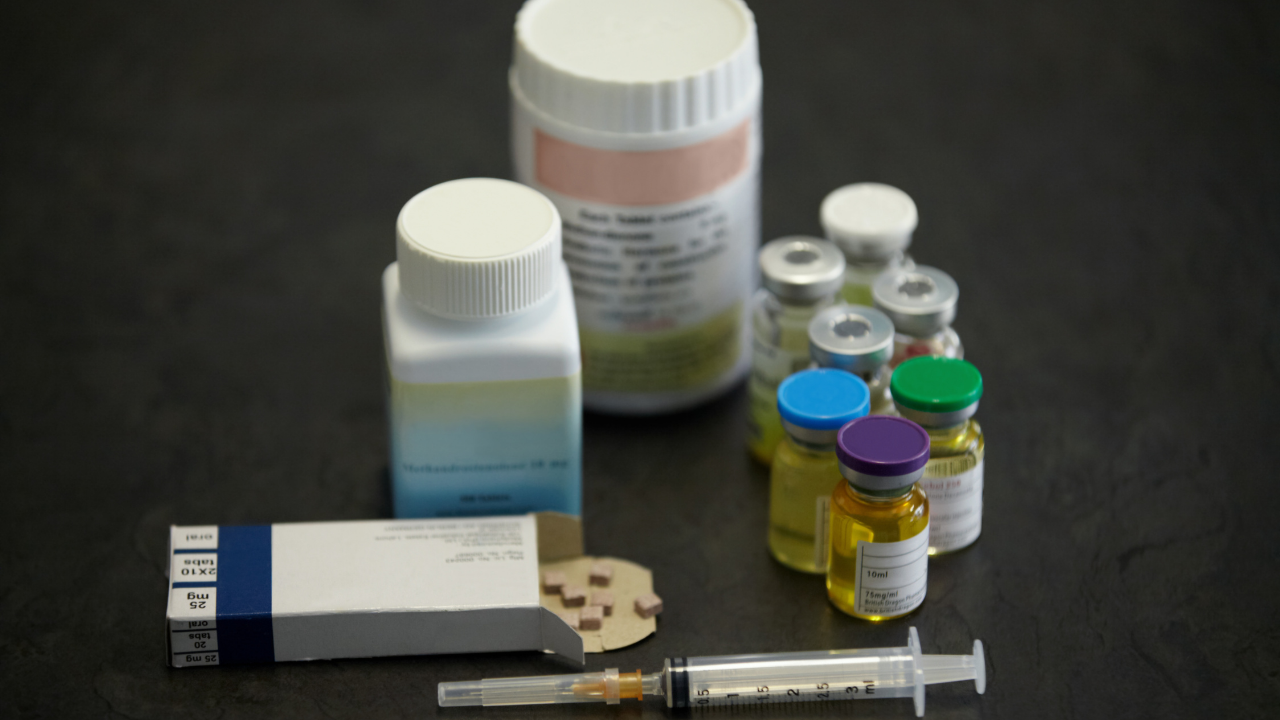A cataract is a dirty lens inside our eye. When we are young, the lens inside our eye is clear and flexible, giving us a range to see at near without reading or progressive glasses. Most people start to develop a yellowing or clouding of the lens around the age of 40 that continues to progress over time.
Once you have poor vision or symptomatic glare, we can perform cataract surgery, which is one of the most commonly performed surgeries in the world.
While the majority of people develop visually significant cataracts around their 60s or later, there are a few people who develop these earlier in life. So let’s talk about the surprising reasons why you might get cataracts earlier than your friends.
STEROID USE
The first surprising reason you have an early cataract is use of steroids, but not just in the way you might be thinking. Long-term use of oral steroid pills are actually pretty common for many conditions such as autoimmune diseases, after trauma or surgery, and even for rashes. As eye doctors, we prescribe a lot of steroid drops for uveitis, certain types of dry eye, and after eye surgery and trauma, and long term use of steroid eye drops can lead to early cataracts. And all steroids, including steroid creams, nasal steroids like Flonase, and even steroid inhalers, like Flovent, can actually lead to early cataracts.
HARMFUL RAYS
Another surprising reason for early cataracts are overexposure to harmful rays. We know that overexposure to sunlight and UV rays are a common cause of cataracts, but did you know that X-rays are another common cause? Many with long-term radiation exposure, either from occupational exposure or due to necessary medical treatments, have a higher chance of getting early cataracts.
MEDICAL CONDITIONS
Some medical conditions can actually put you at risk of developing an earlier cataract. Uncontrolled diabetes is a very common cause of early cataracts. This is because there is high levels of sugar in the blood, and this sugar makes its way to the eye. The increase of sugar in the eye causes osmotic and oxidative stress in the lens and leads to early cloudiness. In fact, diabetics are 5 times as likely to have cataracts, especially at an early age.
OTHER EYE CONDITIONS
There are eye conditions that are also prone to cataracts, such as uveitis. Uveitis is an autoimmune condition where there is inflammation inside the eye, and the inflammation in itself may lead to early cataract formation. The primary treatment for most cases of uveitis are steroid eye drops and pills, so patients with chronic uveitis will usually end up with cataracts earlier than most.
EYE SURGERIES
If you are considering LASIK or other eye surgeries, one of the downsides of the surgery is the development of early cataracts. We don’t know why this is the case, but multiple studies have shown that LASIK patients seem to develop cataracts anywhere from 9-15 years earlier than their peers.
EYE RUBBING AND TRAUMA
Eye rubbing is another cause of early cataracts. When you rub your eye, you are not only putting yourself at risk of developing keratoconus, or changes to the shape of the cornea, but you are also putting yourself at risk of early cataracts. With aggressive eye rubbing, you might actually be damaging your lens, as patients who aggressively rub their eyes have been shown to develop a type cataract where the front of the lens is cloudy.
POOR NUTRITION
Smoking and alcohol use are well-known causes of early cataracts, but did you know that poor nutrition, especially deficiencies of vitamins A, C, E, and carotenoids, may contribute to early cataracts? So be sure to eat your veggies and watch my video on 5 foods you can eat for healthy eyes.
GENETICS
Last but not least, if your parents had early cataracts without any other risk factors, early cataracts might just be in your genes. If you develop early cataracts and you can’t figure out why, see if mom or dad developed early cataracts as well and you have your answer.
Whatever the cause of your cataracts, the treatment is the same for everyone: cataract surgery. When your cataracts start to affect your ability to work, to perform necessary daily activities like driving, or are affecting your quality of life, it might be time to take care of your cataracts.



